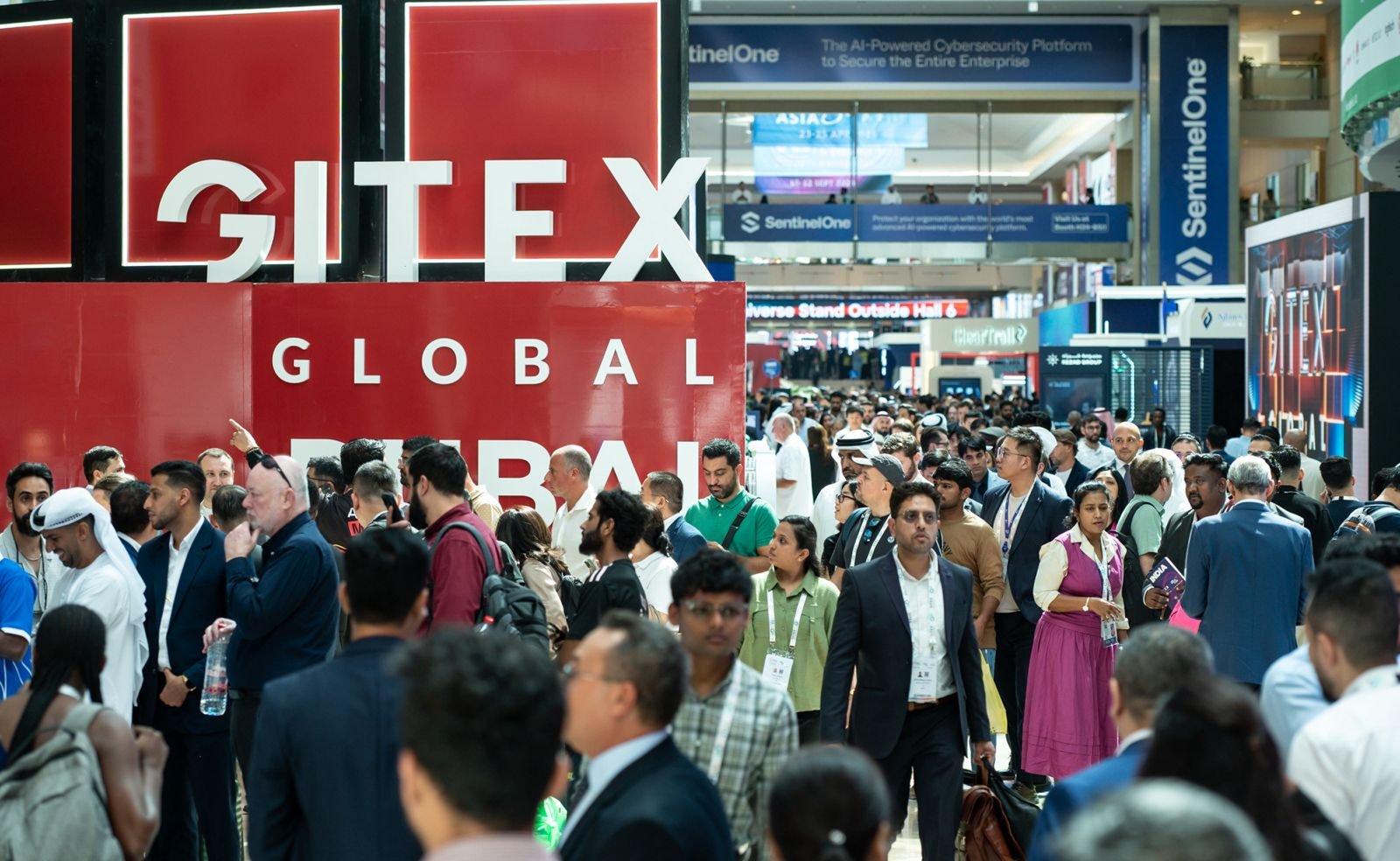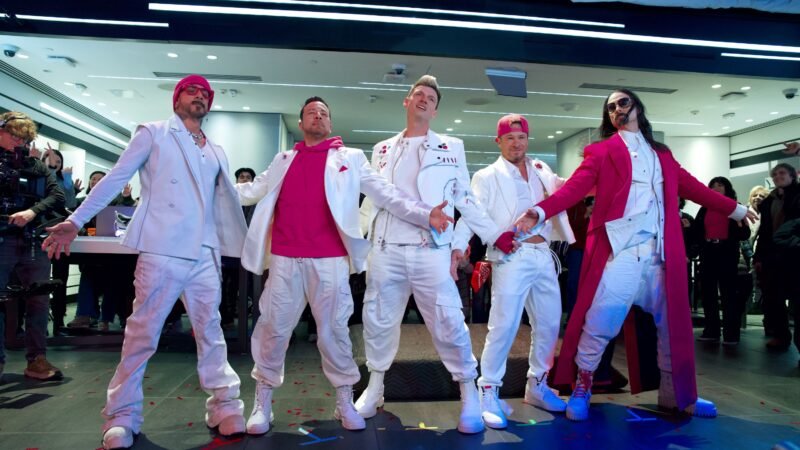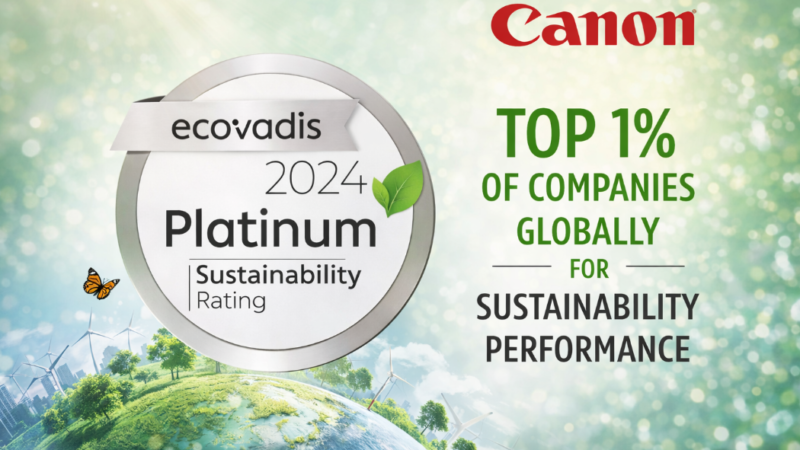GITEX Global 2025 spotlights AI breakthroughs across biotech, quantum, and data centers

With AI advancing rapidly each year, its ability to tackle complex challenges is accelerating. From curing genetic diseases to reshaping urban mobility and powering green data centers, AI’s impact is expanding across industries. The global AI market is projected to hit $4.8 trillion by 2033, according to UNCTAD.
Against this backdrop, GITEX Global 2025 convenes as the world’s largest tech and AI event. From October 13 to 17 at the Dubai World Trade Centre, more than 6,800 tech enterprises and 2,000 startups from 180 countries will showcase next-generation breakthroughs.
Global leaders including Alibaba Cloud, AWS, Google, Huawei, IBM, Microsoft, Oracle, and Salesforce headline the event. New innovators such as Cerebras, Qualcomm, Tata Electronics, and Tenstorrent join the roster, highlighting the rapid evolution of AI infrastructure.
Expand North Star, GITEX’s startup showcase, runs from October 12 to 15 at Dubai Harbour. Hosted by the Dubai Chamber of Digital Economy, it connects 2,000 promising startups and more than 1,200 investors managing $1.1 trillion in assets.
You May Also Like: Canon launches Colorado XL-series, bringing UVgel innovation to the 3.2m graphics market
AI drives biotech, data centers, and robotics
GITEX Global 2025 places a strong focus on biotech, physical AI, and data infrastructure. Trevor Martin, CEO of Mammoth Biosciences, will outline how CRISPR gene-editing and AI could cure genetic diseases. Matt Angle, CEO of Paradromics, discusses AI-driven neurotech breakthroughs, while HurayPositive presents AI SaaS tools for precision medicine.
The event also highlights data centers as the “AI factories of the future.” Global investments are expected to exceed $500 billion this year. O’Leary Ventures is building the world’s largest AI data center park in Canada. Khazna CEO Hassan Alnaqbi leads discussions on scaling infrastructure to meet giga-factory demands.
In robotics, Tensor unveils the world’s first personal robocar, while K2 introduces humanoids and concept vehicles for industrial applications. With the robotics AI market projected to hit $94 billion by 2031, physical AI is rapidly becoming central to industrial productivity.
Quantum and semiconductors take center stage
Quantum computing plays a major role at this year’s event. IBM unveils Quantum System Two, advancing toward fault-tolerant quantum systems. PsiQuantum co-founder Prof. Mark Thompson outlines the path to quantum sovereignty, while IONQ joins as a headline exhibitor.
Semiconductors also take the spotlight. AMD showcases its Instinct GPUs and EPYC CPUs, while Tenstorrent CEO Jim Keller discusses building sovereign AI capabilities through chip innovation.
The startup segment is equally strong. More than 40 unicorns are present, including Cerebras with the world’s largest AI supercomputer and Fluidstack with a 1GW decarbonized AI supercomputer. Xpanceo debuts AI-powered smart contact lenses that merge AR, healthcare, and consumer tech.



